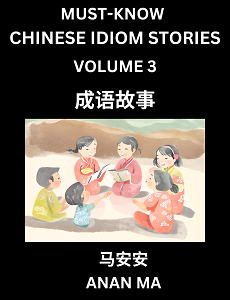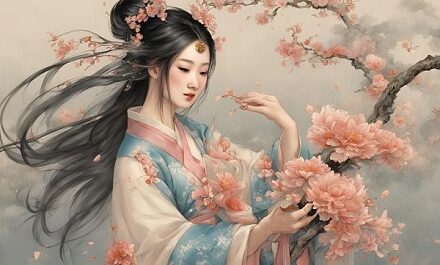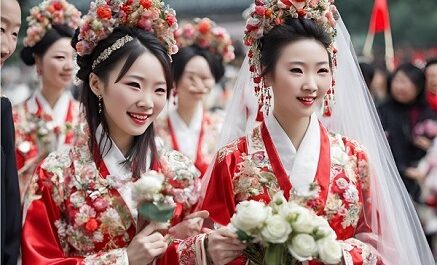Learn Chinese Idiom with Pinyin and English
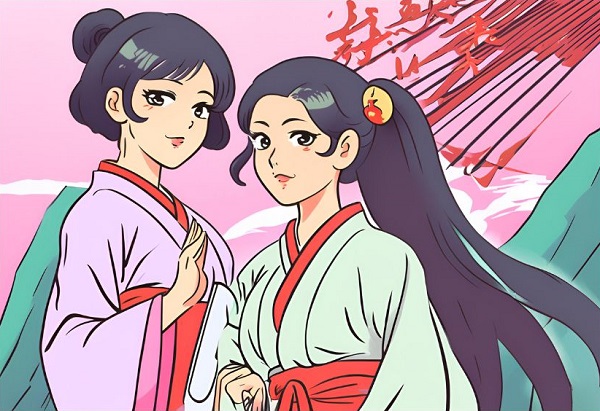
- Idiom in Chinese-女流之辈。
- Pinyin of Idiom– nǚ liú zhī bèi.
- Idiom’s Meaning in English-“Nǚ liú zhī bèi” is a Chinese idiom that refers to women in general, often implying that they are of a lower status or weaker ability compared to men. It’s a derogatory term that was used historically to belittle women’s contributions and achievements. However, modern usage often aims to emphasize equality and gender neutrality.
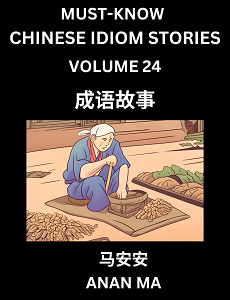
Chinese Idiom Stories Books (HSK All Levels):
- Books to Learn Chinese Idiom Stories (Part 1)
- Books to Learn Chinese Idiom Stories (Part 2)
- Books to Learn Chinese Idiom Stories (Part 3)
Learn Chinese Idiom Story in English (成语故事的英文)
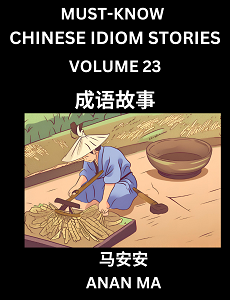
In ancient times, women were often viewed as lacking the wisdom and strength of men, but there was a woman named Hua Mulan who proved this wrong. To take her father’s place in the military, Hua Mulan disguised herself as a man and endured hardships. Through perseverance and courage, she ultimately achieved remarkable military achievements. Hua Mulan’s story teaches us that women are not inherently weaker than men and that with determination and bravery, they can achieve great things.
Learn Idiom Story in Chinese (成语故事)
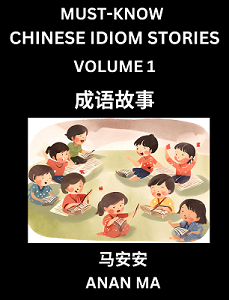
在古代,女流之辈常被认为是不具备男子那样的智慧和力量的。然而,有一个名叫花木兰的女子,她为了替父从军,女扮男装,历经艰辛,最终立下赫赫战功。花木兰的故事告诉我们,女流之辈并非天生就弱于男子,只要有决心和勇气,她们同样可以成就非凡。
Learn Keywords with English, Simplified Chinese Characters, and Pinyin (关键词)
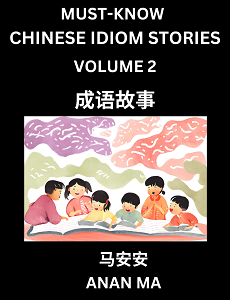
花木兰(Hua Mulan): A legendary heroine
女扮男装(nǚ bàn nán zhuāng): Dressing as a man
赫赫战功(hè hè zhàn gōng): Remarkable military achievements
Pinyin of Idiom Story (故事的拼音)
Zài gǔdài, nǚliú zhī bèi cháng bèi rènwéi shì bù jùbèi nánzǐ nàyàng de zhìhuì hé lìliàng de. Rán’ér, yǒu yīgè míng jiào huā mùlán de nǚzǐ, tā wèile tì fù cóngjūn, nǚ bàn nánzhuāng, lìjīng jiānxīn, zuìzhōng lì xià hèhè zhàngōng. Huā mùlán de gùshì gàosù wǒmen, nǚliú zhī bèi bìngfēi tiānshēng jiù ruò yú nánzǐ, zhǐyào yǒu juéxīn hé yǒngqì, tāmen tóngyàng kěyǐ chéngjiù fēifán.
